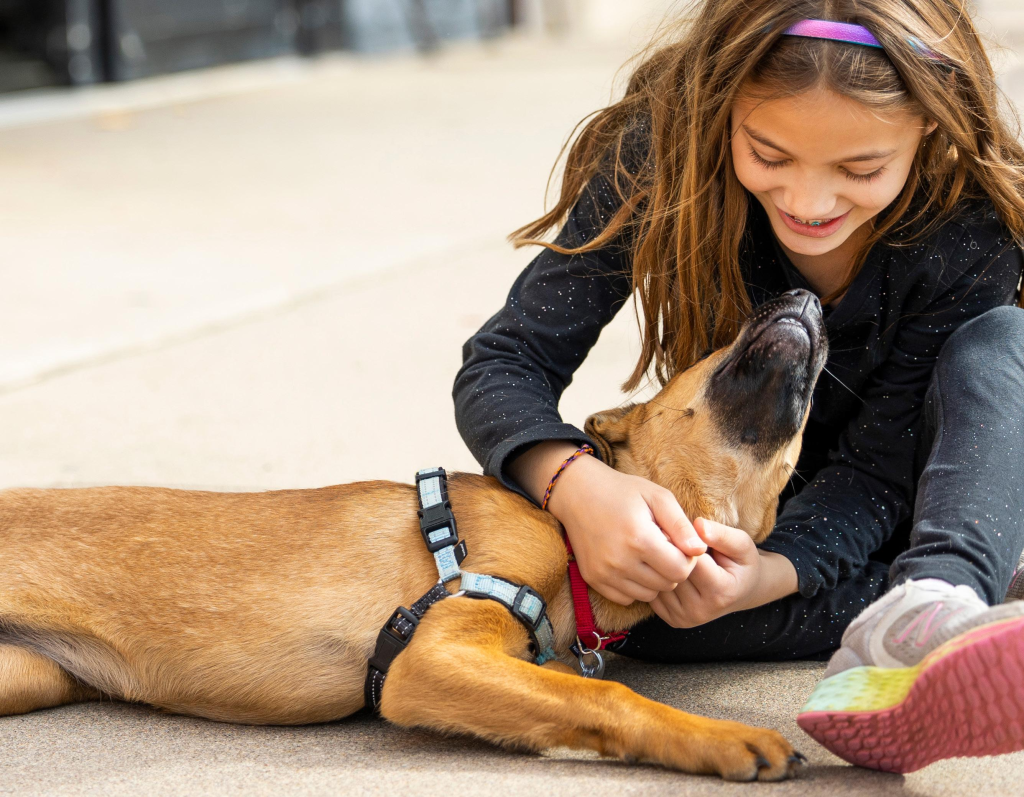Adopting a pet is a joyful decision, but not every animal is the right fit for every person. To ensure a happy and lasting relationship, you need to choose a pet that matches your lifestyle. Here are seven essential factors to consider before bringing a new companion home.

1. Assess Your Daily Routine & Activity Level
Pets have different energy needs:
- High-energy pets (e.g., Border Collies, Siberian Huskies) require hours of exercise and mental stimulation.
- Moderate-energy pets (e.g., Beagles, Domestic Shorthair Cats) enjoy playtime but also relax.
- Low-energy pets (e.g., senior dogs, Persian cats, rabbits) prefer a calm environment.
Ask yourself:
- How much time can you dedicate to walks, play, and training each day?
- Do you travel often? If so, a lower-maintenance pet (like a cat or fish) may be better.
Tip: If you have a busy schedule, consider pets that don’t need constant attention, such as reptiles or small rodents.
2. Consider Your Living Space
Not all pets thrive in every environment:
- Dogs: Large breeds (e.g., Great Danes) need space, while small dogs (e.g., Chihuahuas) adapt well to apartments.
- Cats: Most adjust well to indoor living but need vertical space (cat trees, shelves).
- Small pets (rabbits, guinea pigs, birds): Need secure cages but can live happily in small homes.
Tip: If you rent, check pet policies—some landlords restrict breeds or sizes.
3. Budget for Short & Long-Term Costs
Pet ownership comes with financial responsibilities:
- Initial costs: Adoption fees, vaccinations, spay/neuter, supplies ($200–$1,000+).
- Monthly costs: Food, litter, grooming, flea/tick prevention ($50–$300).
- Unexpected costs: Emergency vet bills (pet insurance can help).
Ask yourself:
- Can you afford regular vet visits and potential emergencies?
- Exotic pets (e.g., parrots, reptiles) often have higher care costs.
Tip: Create a pet budget before adopting to avoid financial stress.
4. Think About Allergies & Health Considerations
Pet allergies are common:
- Hypoallergenic pets: Poodles, Sphynx cats, or certain small mammals (guinea pigs, rats).
- Non-allergenic alternatives: Fish, reptiles, or invertebrates (hermit crabs, snails).
Tip: Spend time with a pet before adopting to test for allergic reactions.
5. Evaluate Your Experience Level
Some pets require more expertise:
- Beginner-friendly: Adult cats, small dogs, guinea pigs.
- Intermediate: Puppies, high-energy dogs, parrots.
- Advanced: Rescue pets with behavioral issues, exotic animals.
Ask yourself:
- Are you prepared for training, socialization, or medical needs?
- First-time owners may benefit from adopting an older, well-trained pet.
Tip: Volunteer at a shelter or foster first to gain experience.
6. Consider Your Social & Family Life
Pets interact differently with people:
- Family-friendly: Labrador Retrievers, Golden Retrievers, Ragdoll cats.
- Better for singles/couples: Shy cats, independent breeds like Basenjis.
- Not ideal for kids: Fragile pets (e.g., hamsters, birds) or aggressive breeds (if not properly trained).
Ask yourself:
- Do you have young children? Some pets are more tolerant than others.
- Will your pet be alone often? Social animals (like dogs) may develop separation anxiety.
Tip: Involve the whole family in the decision-making process.
7. Research Adoption Sources & Pet Personalities
Not all pets are the same—even within the same breed:
- Shelters vs. breeders: Shelters often have mixed breeds with known temperaments; breeders offer predictable traits.
- Meet the pet first: Observe their behavior—are they shy, playful, or anxious?
- Ask about history: Rescue pets may have trauma; puppies/kittens need training.
Tip: Work with shelters or rescues that conduct behavior assessments to find the best match.
Final Thoughts
Choosing the right pet is about honest self-assessment—matching an animal’s needs with your lifestyle ensures a happy, long-term bond. By considering these seven factors, you’ll be better prepared to make an informed decision.
Ready to adopt? Visit local shelters or reputable rescues to find your perfect companion!